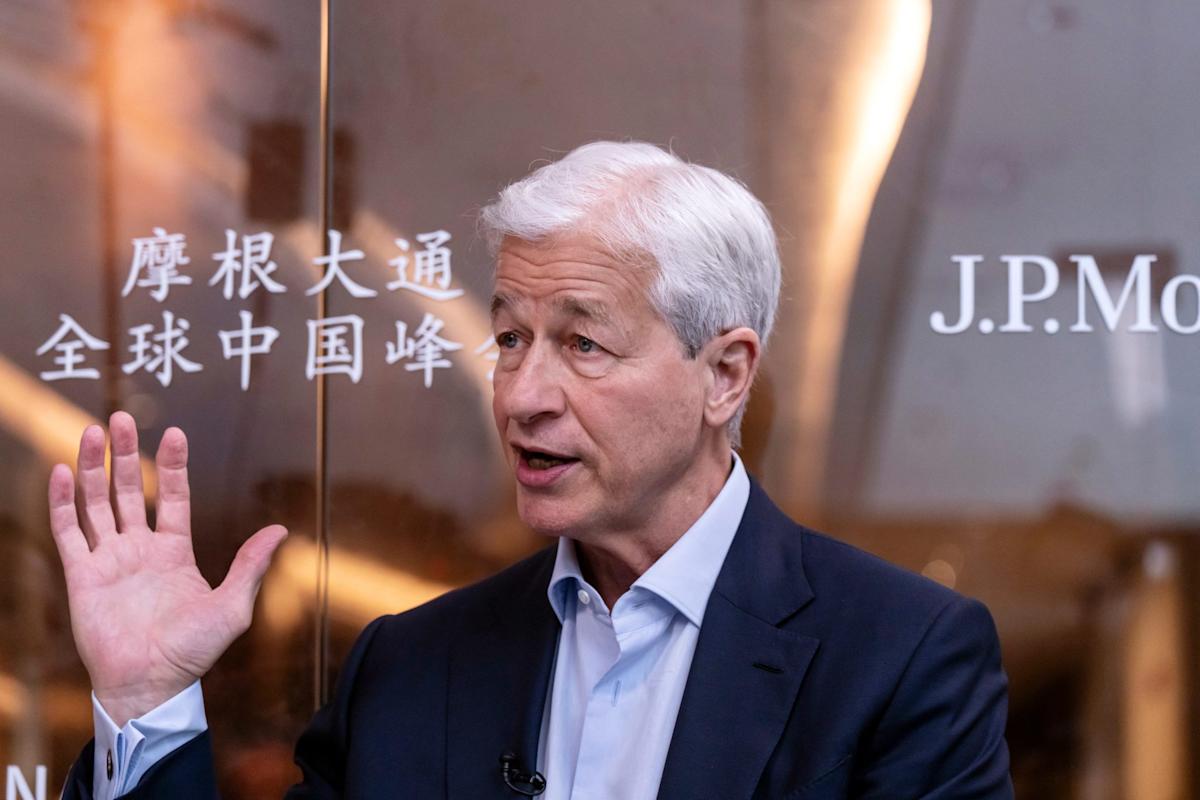JPMorgan has recently made headlines with a strong stance regarding new hires, particularly targeting recent graduates entering their analyst program. The firm has communicated a stark policy: any incoming analysts who accept another job offer to work elsewhere within 18 months will be fired. This bold measure emphasizes CEO Jamie Dimon’s belief that such actions are unethical, highlighting a growing trend he’s noticed among U.S. graduates who often accept positions while keeping their options open.
In an email sent to new hires by Filippo Gori and John Simmons, co-heads of global banking at America’s largest bank, the directive was clear: “If you accept a position with another company before joining us or within your first 18 months, your employment with the firm will end.” This policy reflects JPMorgan’s attempts to safeguard its interests and maintain the integrity of its confidential information. According to Dimon, it is vital for new analysts to commit fully to their roles, particularly in an industry where disclosing sensitive data can lead to significant conflicts of interest.
The emphasis on commitment signifies JPMorgan’s response to a troubling trend where graduates take roles in major financial firms—often with the intention of moving to lucrative positions in private equity shortly afterward. Dimon’s statements at various engagements corroborate this concern. He has expressed that it’s troubling when graduates start a position at JPMorgan while already aligning their future with other companies, particularly private equity firms. “It puts us in a bad position,” he stated, noting that having employees who are simultaneously committed elsewhere compromises their loyalty and the bank’s confidentiality.
This policy initiative was mainly aimed at U.S. hires, as the issue of employees holding future job offers appears to be more prevalent domestically than internationally. New hires were also reminded that attendance at training sessions and meetings is mandatory, indicating that the company is not only looking for commitment but also expects active participation from its analysts.
Despite the potential backlash from private equity firms—who may rely on talent from major banks—Dimon remains resolute in his philosophy. He believes that analysts should resolve ethical dilemmas regarding their commitment and loyalty. “Think for yourself,” he advised students last year, urging them to consider fairness and integrity in their career decisions.
In an ambitious strategy to retain talent, JPMorgan is also making adjustments to career advancement opportunities. The firm now offers a potential promotion to associate within two and a half years of joining, reducing the previous three-year tenure. This change aims to attract young talent seeking faster career progression, especially in an increasingly competitive environment where banks are starting their recruitment processes even before students select a major.
The current job market, characterized by a high demand for skilled graduates, presents unique challenges and opportunities. Graduates are often enticed by the prospect of having a secured position, followed by another job lined up shortly thereafter. However, the ethics of such behavior—especially in high-stakes environments like finance—are complicated and can lead to conflicts that jeopardize both the employee and the employer.
Critics of such stringent policies may argue that they can limit the job choices of new graduates, especially in a time when the financial landscape is evolving rapidly. With technology influencing finance, including automation and AI development, the skills required in the industry are changing. Many analysts believe that traditional roles, like data crunching, may soon be replaced by AI capabilities, which could further alter the attractiveness of long-term commitments to any single firm.
Yet, JPMorgan remains undeterred in its views, illustrating the complexities within the financial world. Dimon’s strong words serve as a warning not just to incoming talent but to the industry as a whole. He champions character and ethical decision-making, encouraging individuals to think long-term about their professional choices and how they relate to their integrity.
As the financial sector adapts to new technologies and workforce dynamics, institutions like JPMorgan are clearly taking steps to create environments that not only retain talent but also strengthen their brands and corporate cultures. By establishing robust policies and presenting clear expectations from the outset, they aim to cultivate loyalty while steering away from potential issues surrounding dual commitments and confidentiality breaches.
In closing, JPMorgan’s directive signals a pivotal moment in Wall Street’s approach to hiring and nurturing young talent. The emphasis on ethics, commitment, and loyalty is set against the backdrop of an ever-evolving job market, where graduates are increasingly faced with tough choices that could define their careers. As financial institutions grapple with the emergence of new technologies and changing workforce expectations, similar policies may become prevalent, reflecting a broader shift in how companies look to protect their interests while fostering a culture of integrity.
Source link










